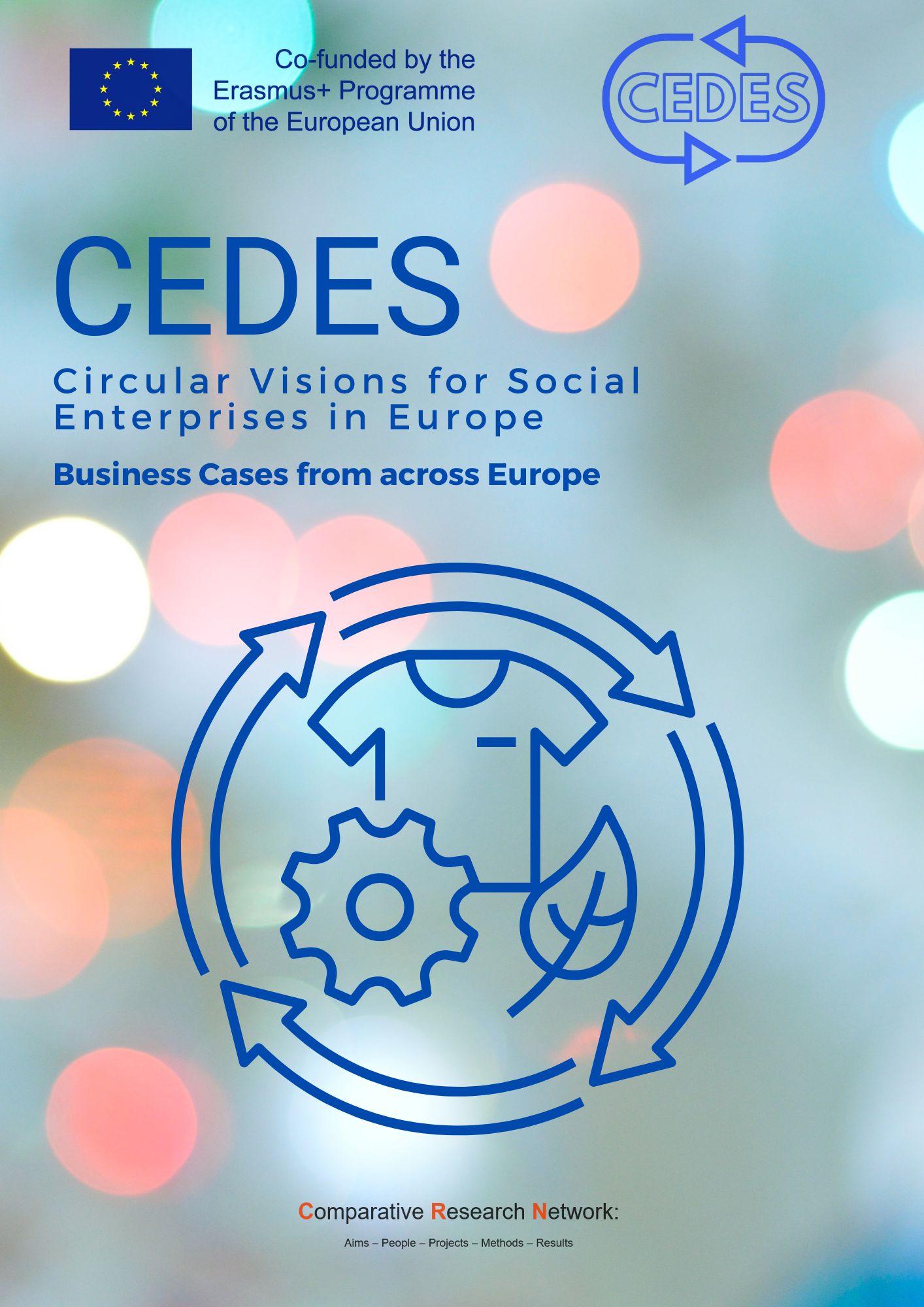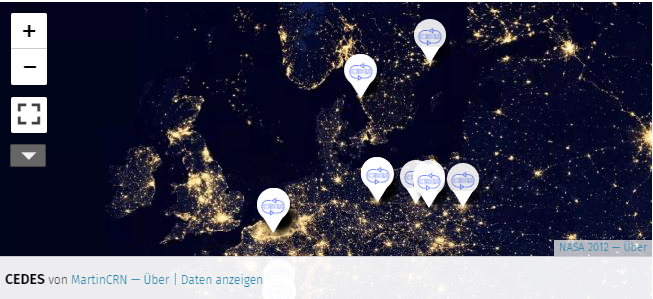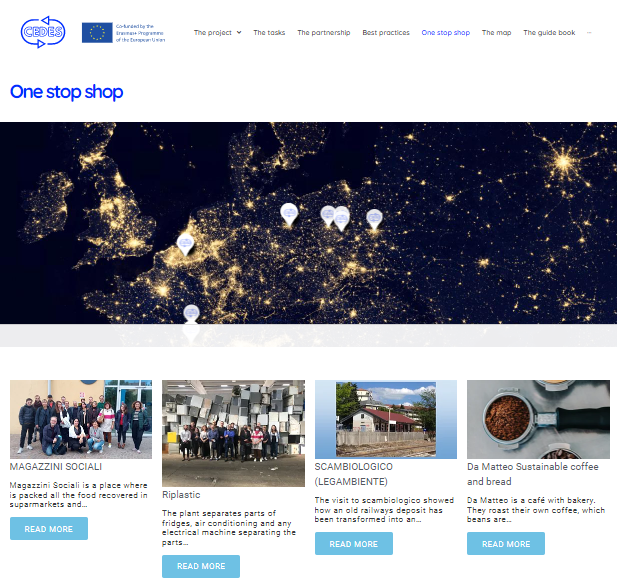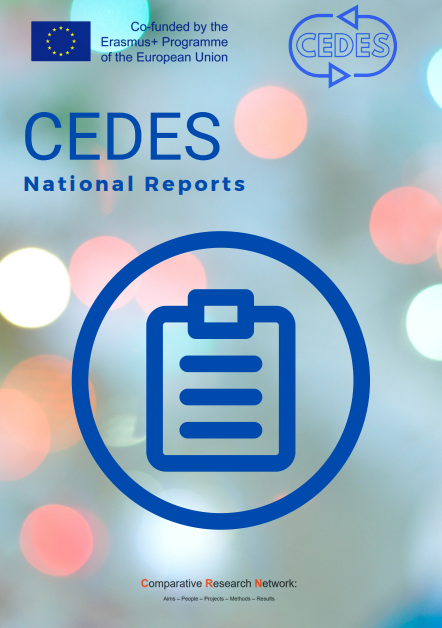The EU sees the circular economy as an opportunity for resource-poor Europe to secure access to vital resources, maintain global competitiveness and ensure a high quality environment for Europe and the world. To bring about this systemic change, the European Commission proposed a programme of actions that is summarised in the 2015 Circular Economy Action Plan. Since the action plans adoption, a legislative framework for a circular economy has begun to take shape.
For most people, the idea of circular economy (CE) remains an abstract concept, if not entirely alien. Although the theme of “ecological change” is increasingly popular around the world, many are still not aware of the major changes we will have to make to our lifestyle to ensure a sustainable future and ensure long-term well-being.
The circular economy is much more than a simple economic theory, it modifies the organization of society itself and is a response to concrete environmental, social and economic problems of this millennium. In a CE, products and materials keep circulating in a high value state of use, through supply chains, for as long as possible in a world of finite resources. Its success will depend on the ability of different actors to make the transition possible by starting to understand that the change in the economic system must take place and it is imperative. All of us must do our part in supporting the transition to a circular economy.
Circular Economy as a Development Strategy (CEDES) is a project, created through a strategic partnership between seven countries: Germany, Italy, France, Belgium, Poland, Sweden, Spain and wants to become a reference point for the countries involved on a central theme such as the circular economy to seize the opportunities of the “circular advantage”.
The European Commission has the challenge of shaping our economy and paving the way towards a climate-neutral, circular economy where pressure on natural and freshwater resources as well as ecosystems is minimized. Because of this, CEDES is aligned to this challenge and intends to contribute with international exchange of good practices, experience and knowledge for the creation of a virtual and physical platform in a circular economy as an important tool for the stakeholders and companies interested in change and become “circular”.
Objectives:
– promote the exchange of experiences, knowledge and good practices in the field of circular economy.
– improve knowledge, skills, and abilities in the circular economy.
– increase the sense of initiative and social entrepreneurship with the circular economy vision.
– create an online free tool for guidance, support, and advice on circular economy education.
– strengthening linguistic, digital and intercultural skills.
– Fostering strategic cooperation at international level.
CEDES involves the staff of the 7 partner organizations, Trainers, VET teachers, tutors, business consultants, social entrepreneurs, and professionals working in the field of circular economy, institutions and companies working in the circular economy area in the partners’ countries and companies working in different sectors of the economy in the partners’ countries.
CEDES through 7 training activities on the circular economy and 5 transnational meetings will produce as main results ?One Stop Shop for Circular Economy and the? Guidance Document on Best Practices in CE ?.
The project methodology will be participatory, coherent with the exchange of experiences and peer learning and the work-based learning approach.
The main impact of the project will be the promotion of development of the circular economy in the enterprises and social entreprises in the 7 partner countries.
For the participant:
– Improvement of knowledge & skills in the circular economy approach, the participants are able to put it into practice in their daily work inside the organization partners.
– Development of social technologies and counseling skills in aspects related to the circular and blue economy.
For the partner institutions:
– Improvement of work management skills and international activities.
– The partners will have staff with increased knowledge and skills in circular and social economy field.
– Development of international relationships.
For the enterprises, groups of people and organizations involved in the circular economy sector (stakeholders):
– Entrepreneurs will improve their skills in developing the circular economy approach inside their own companies.
– Enterprises will be informed about the ways to access funding for their activities based on the circular economy.
– Enterprises will be informed about the ways to change their own business towards the circular economy vision.
The knowledge acquired for the participants will be shared and put into practice within their own organizations. The main results of CEDES will be maintained even after its conclusion, as tools for development and training in the field of circular economy.











